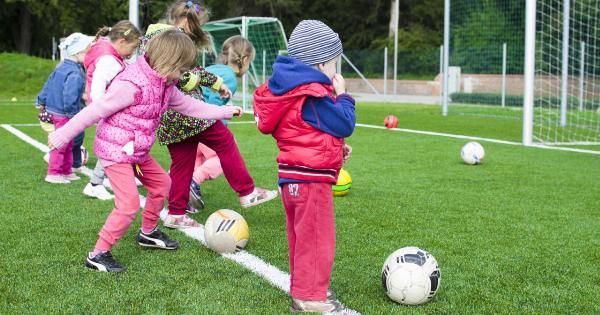Children are blessed with a rather active imagination, which tends to become their conduit to their fantastic and sometimes, bizarre fears.
Sometimes, they experience real anxieties, but other times, they relate to characters they see on TV or hear from their friends. Whatever the cause is, it is imperative for parents, teachers, and guardians to understand that these fears are real to children, and they require their undivided help and attention.
The Difference between Real and Fantastic Fears
Real fears arise from specific experiences, such as an encounter with a dog that attacked them or a traumatic incident involving water. These types of fears are rational, and children need their caregivers to help them address such anxieties.
On the other hand, fantastic fears are created by the child’s imagination that has adapted to the surroundings they are in. For example, a child might think that monsters exist in their closet or that a witch lurks under their bed.
It’s essential to identify whether the fear is real or fantastic before addressing it since it will affect your approach. Here are some ways that you can use to help children conquer their fears:.
1. Acknowledge Their Fears
The first step in helping a child face their fears is acknowledging that they exist in the first place. With fantastic fears, it may be tempting to brush it off and tell them that they’re silly or irrational.
Avoid doing so as it may make the child feel invalidated, which may lead them to get anxious that no one understands what they’re going through. For real fears, it’s important to recognize the pain that the child is undergoing and help them get through it.
2. Ask Them Questions
For children, expressing themselves isn’t always easy. Sometimes, they might not know how to articulate what they’re feeling, so it’s important to ask them questions about their fears.
If they are afraid of something, try to find out why that is and where their fear stems from. It will help you determine if the fear is rational or not.
3. Be Empathetic
Empathy is vital when dealing with children. When they share their fears with you, try to put yourself in their shoes and understand how they’re feeling. By doing so, you’re demonstrating that you care and that you’re in this together.
Empathy also enables the child to trust you more and helps create a healthy relationship between the two of you.
4. Don’t Dismiss Their Fears
As we mentioned before, it’s essential not to dismiss fantastic fears.
Brushing off a child’s fear might result in them feeling insecure about their ability to share, and it may make them shy away from expressing their feelings to you in the future. Instead, provide them with reassurance that everything will be okay and that you’re there to help them. For real fears, be compassionate and provide them with support.
5. Help Them Find Solutions
Once you know what the fear is, it’s important to find a solution that can help the child overcome it.
Practical activities such as role-playing or storytelling may be helpful for fantastic fears since they can help transform the child’s perspective on the situation. For example, if they’re scared of monsters in their closet, add a monster’s spray to their nightly routine to help them sleep better at night. For real fears, it might entail seeking professional help from a healthcare provider.
6. Teach Them Coping Skills
Finally, it’s important to provide your child with coping skills that they can use to help regulate their emotions. These skills will enable them to face their fears confidently and deal with them in a healthy manner.
For example, teach them breathing techniques and explain how it works as it will come in handy during stressful times.
Conclusion
Children require love, attention, and support to help them deal with their fears. Whether it’s real or fantastic, it is essential to acknowledge their fears and provide them with the help and support they require.
Empathy, active listening, and practical help are crucial in helping children overcome their fears, and parents and caregivers must strive to offer them all the support they can. When children overcome their fears, it helps them develop a positive outlook on life and ultimately, contribute significantly to their social, emotional, and mental development.






























